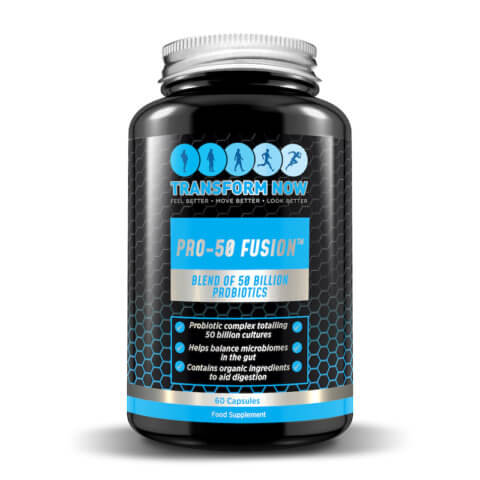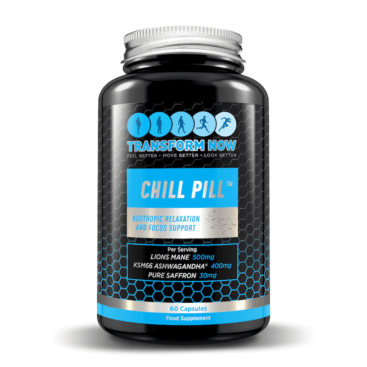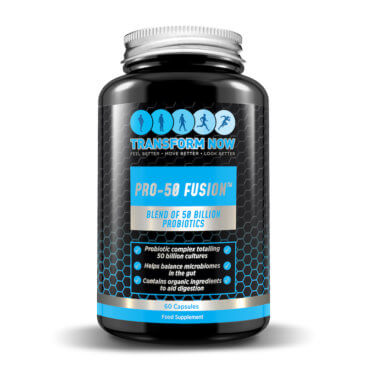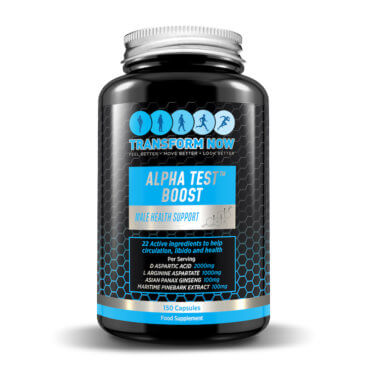Small intestinal bacterial overgrowth (SIBO) is a condition where there is an increase in the normal bacteria in your small intestine, which may be accompanied by an invasion of new types of bacteria that normally shouldn’t be there. When this happens, it can result in bloating or distention, and diarrhoea.
SIBO is relatively common and mostly affects women, older adults, and people with digestive problems, such as irritable bowel syndrome (IBS).
SIBO may cause the following symptoms:
- Abdominal pain
- Bloating
- Indigestion
- Loss of appetite
- Nausea
- An uncomfortable feeling of fullness after meals
- Diarrhoea or constipation
- Increased passing of gas or flatulence
- Weakness
- FatigueWeight loss
- Anaemia
Understanding SIBO and your guts
The normal small bowel is approximately 20 feet long and is home to various types of bacteria. However, fewer bacteria are found in the small intestine than the large intestine and are different from those in the large bowel (colon). Compared to the large intestine, the small intestine is a clean place.
The normal bacteria of your gut perform important functions. These include:
- Aiding digestion of certain vitamins (e.g. folic acid, vitamin K)
- Preventing attack by disease-causing bacteria
However, when the environment of the small intestine becomes unfavourable to the normal bacteria, it may result in overgrowth. This could be because of low levels of stomach acid, damage to the intestine by infections and toxins, or reduced ability of the intestines to move material through.
Your colon is not a clean environment when compared with your small intestine. Any movement of materials backwards from the colon into the small intestine can transfer a different type of bacteria into the small intestine. When that happens, these new bacteria can colonize the small intestine.
Types of SIBO
SIBO can be of two types. The first type is associated with intestinal diseases and disorders, but the second one is not. Both types, however, can display similar symptoms, including abdominal pain, diarrhoea, bloating, and indigestion.
The type linked with intestinal diseases and disorders may mean nutrients from your food are not absorbed into the body, which can lead to malnutrition and vitamin deficiencies.
Causes
A few factors have been said to cause small intestinal bacterial overgrowth (SIBO). They are:
- Certain surgical procedures on your gut. Surgeries such as gastric bypass and gastrectomy for gastrointestinal conditions can cause SIBO.
- Complications of abdominal surgeries. Some of these surgeries can result in strictures and adhesions.
- Structural problems or abnormalities around the small intestine. These may include adhesions, tumours, scar tissues, twists and bulges of the intestines as seen in intestinal adhesions, etc.
- The pH changes in your small bowel. An increase or decrease in the acidity or alkalinity of your gut may result in SIBO.
- Low immunity. If your immune system isn’t strong enough to fight the invasion of foreign bacteria, you may develop SIBO. Some conditions may affect your immunity, such as HIV, immunoglobulin A deficiency, etc.
- The muscles of the small intestine are not doing their job. With less movement through the gut, food and bacteria won’t be efficiently moved through.
- Certain health conditions. SIBO is associated with conditions like viral gastroenteritis (stomach bug/flu), Crohn’s disease, hypochlorhydria (low stomach acid levels), gastroparesis, celiac disease, scleroderma, irritable bowel syndrome (IBS), cirrhosis, and nerve damage, amongst others.
There are also risk factors that mean you are more likely to develop SIBO. They include:
- Chronic conditions or surgery related to the gastrointestinal (GI) tract. Some of these conditions include diabetes, HIV, Crohn’s disease, scleroderma, lupus, hypothyroidism, Parkinson’s disease. Abdominal surgeries for obesity and ulcers can increase your risk of SIBO as well.
- Certain medications. For instance, narcotics, anti-spasm drugs, proton pump inhibitors, and antibiotics. This is because they slow down movement through the intestine, reduce stomach acid levels, and affect the normal gut bacteria.
- History of radiation therapy to the abdomen.
- Previous abdominal surgeries. There may be complications such as adhesions, injuries, etc.
- Physical defects in the small intestine such as fistulas, strictures, adhesions, amyloidosis, etc.
- Being female
- Older age
- Drinking alcohol
Being an older lady who likes to drink isn’t going to help with SIBO 🙁
Diagnosis
SIBO shares some symptoms with other gut disorders. Also, symptoms vary in severity in different people, which makes it difficult to diagnose. Your doctor may ask about your symptoms, medical history, and physical examination for signs of abdominal distention (bloating). To diagnose correctly, your doctor may order the following tests:
- Imaging tests: X-rays, CT scans, or MRI to look for physical defects or abnormalities in your intestines.
- Blood tests to look for causes for anaemia, vitamin deficiencies, and electrolyte imbalance.
- Stool tests to determine how well your body is absorbing. Fluids from your small intestine which is used to identify the different bacteria contained in it.
- Lactose breath test. You’ll be made to drink a sugary beverage after a 24 hour fast. Over the next 3 hours, you breathe into a balloon at regular intervals. The air is tested to see if it has high levels of hydrogen or methane, which would suggest SIBO. The idea behind this test is that bacteria produce hydrogen and methane when they break down carbohydrates in the small intestine.
- Biopsies to check if there’s damage to intestinal tissues lining the intestine due to bacteria overgrowth.
Treatment
 Treatment options include dietary changes and antibiotic therapy. Some people with SIBO who develop malnutrition or become dehydrated because of the condition will need nutrients and fluids. These may be given via intravenous infusion (drip).
Treatment options include dietary changes and antibiotic therapy. Some people with SIBO who develop malnutrition or become dehydrated because of the condition will need nutrients and fluids. These may be given via intravenous infusion (drip).
Dietary changes are helpful, although there are no specific diets that work best. Recommended dietary changes include cutting down sugary foods, avoiding fibre supplements and lactose, and taking prebiotics and probiotics. A low FODMAP diet could help, but you may need the help of a nutritionist.
Your other underlying medical conditions, such as diabetes, celiac disease, etc., will need treatment and management. This may include the prescription of broad-spectrum antibiotics. They help control and optimize excess gut bacteria by reducing intestinal bacteria. These drugs may not be able to cure SIBO, but they help improve the symptoms of small intestinal bacterial overgrowth.
If SIBO is due to physical abnormalities in the intestine, you may need to have surgery.
Prevention
Mostly, SIBO is secondary to other illnesses affecting the intestine. This means SIBO can be prevented by treating and managing chronic conditions, which serve as root causes. If you had experienced SIBO, addressing and controlling the root cause of SIBO will prevent it from reoccurring.
Dietary and lifestyle changes may also prevent SIBO from reoccurring. Having a diet rich in plant-based foods, avoiding sugary foods and overly processed foods will prevent the growth of unhealthy bacteria and help the growth of your normal gut bacteria.
It also goes without saying that exercise is also beneficial to your digestive system.




